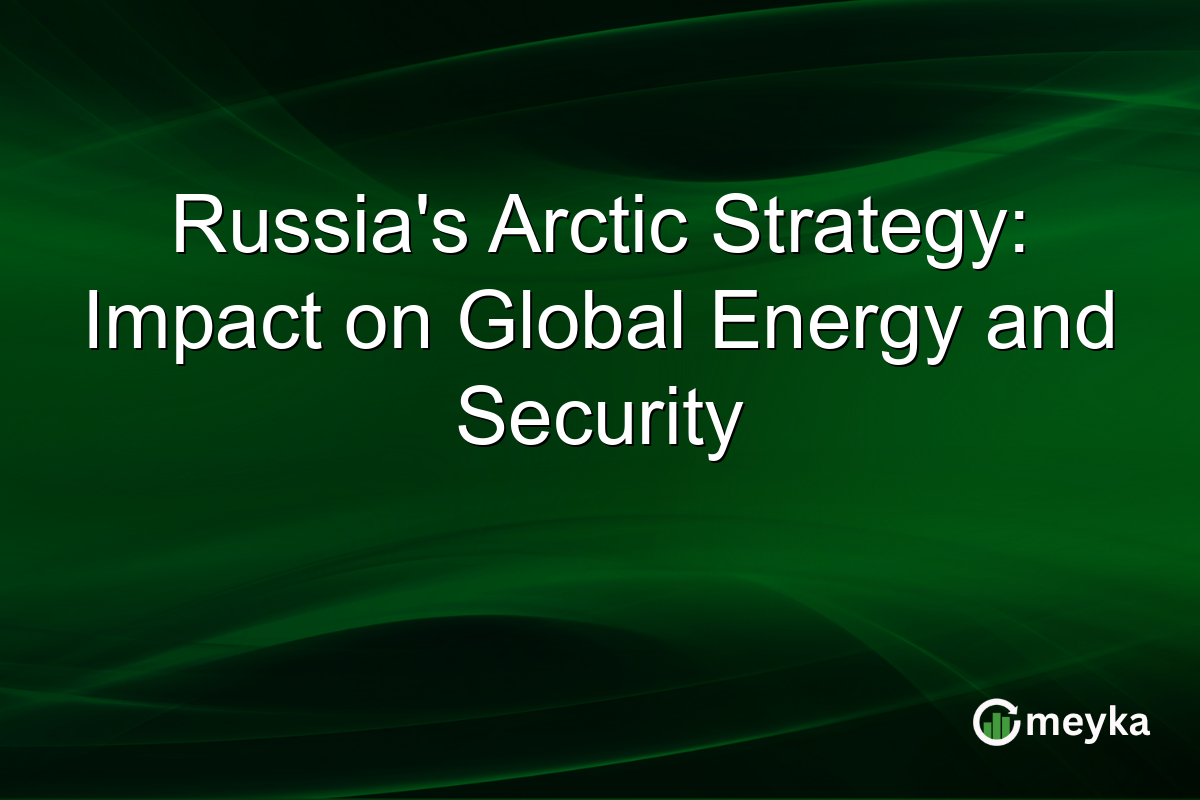Russia’s Arctic Strategy: Impact on Global Energy and Security
Russia’s Arctic strategy is gaining attention as the country continues to expand its presence in the region. The focus on developing airships offers a striking alternative to helicopters, aimed at enhancing operations in the challenging Arctic environment. This strategy not only underscores Russia’s ambition in the Arctic but also poses significant implications for global energy markets and international security dynamics. Investors are keenly observing these developments against a backdrop of geopolitical tensions and untapped resource exploration.
Continue Reading on Meyka
This article is available in full on our main platform. Get access to complete analysis, stock insights, and more.
Read Full Article →





